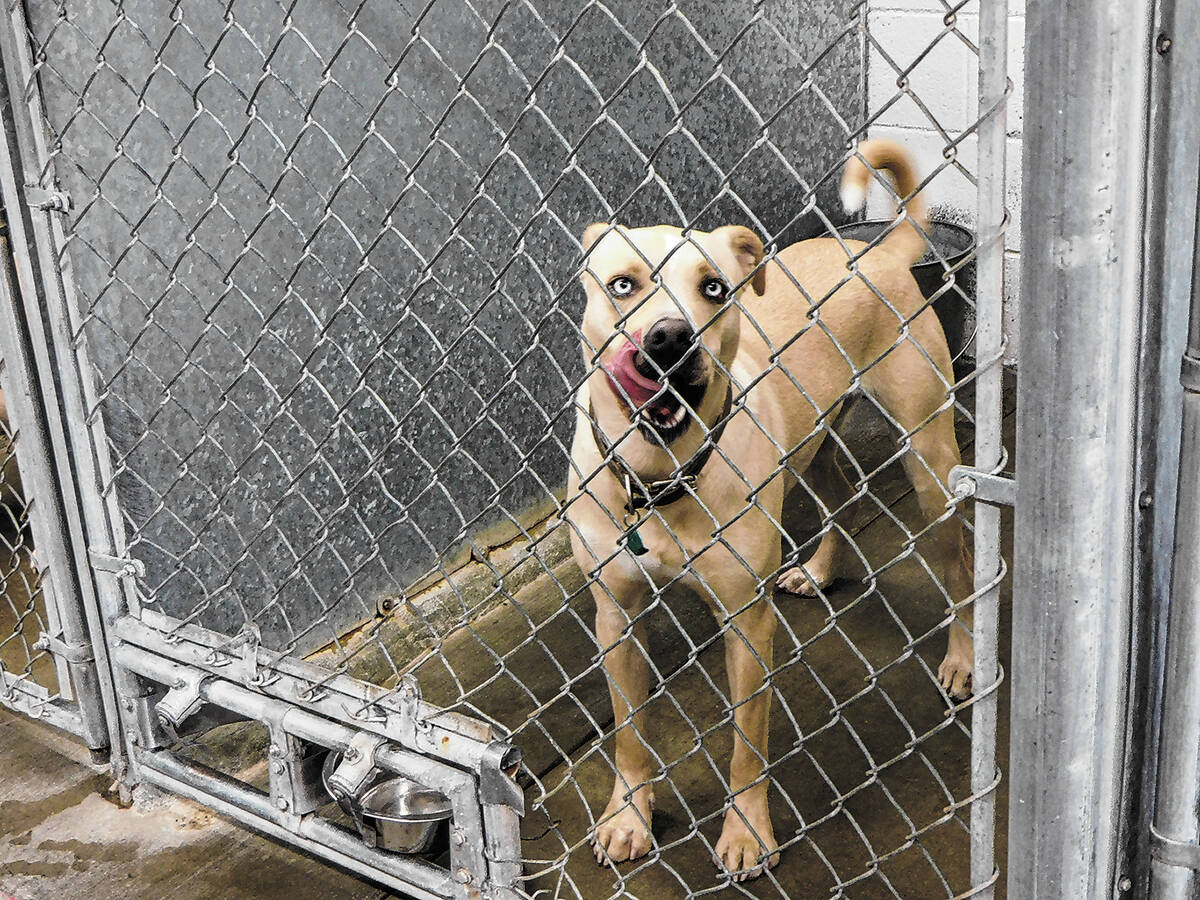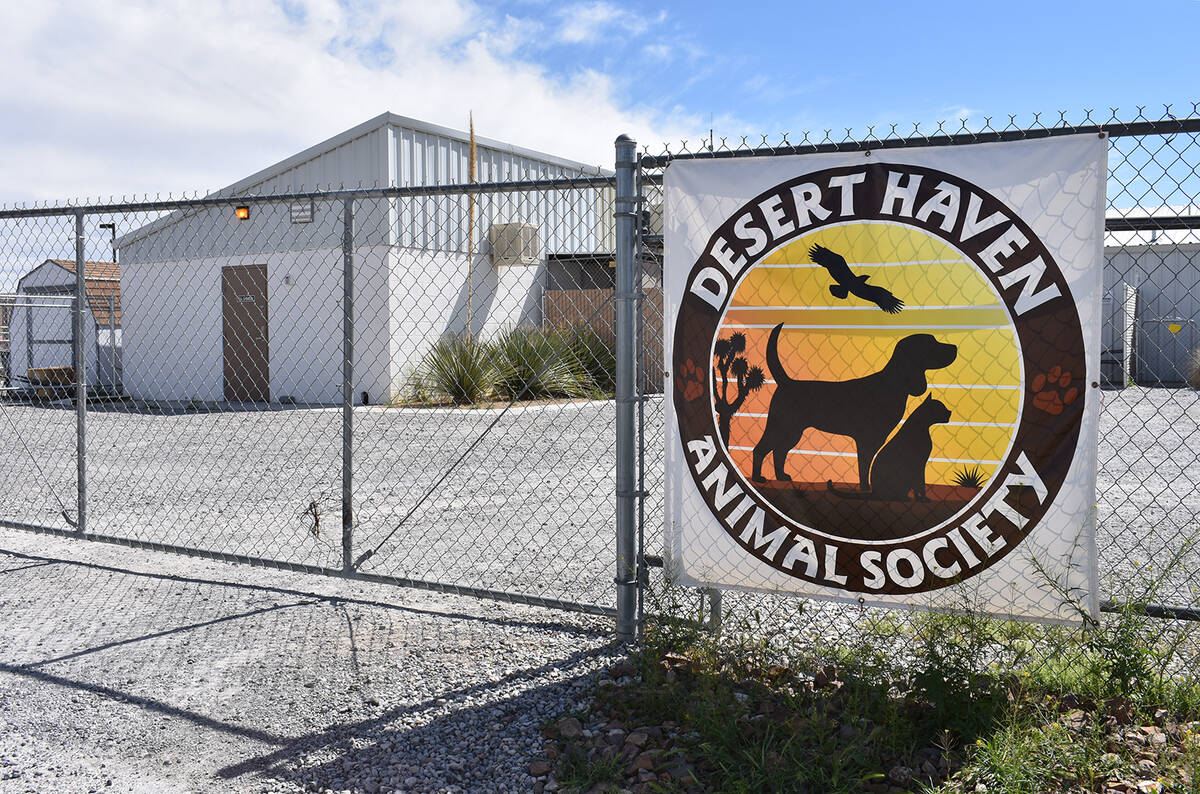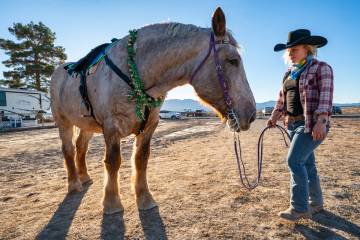County looks to take over Desert Haven Animal Shelter
County staff is expected to takeover operations at the local animal shelter, which has largely been managed by nonprofit Desert Haven Animal Society for the past several years.
Nye County Commissioners approved the measure last week after ruling the move would be more efficient and cost-effective for taxpayers.
But Pat Leming, executive director of Never Forgotten Animal Society Inc., which was founded in 2018 with the goal of reducing the local pet population through spaying and neutering, wants the commission to reconsider.
Leming believes the county shelter could be better operated by Desert Haven Animal Society, which currently operates the no-kill shelter on Siri Lane. The agency is prepared to continue operating the facility without county interference, Leming said, and should be allowed to bid for the contract.
“[Desert Haven] has come around and have done an amazing job in the last two months and they have had the ability to act on their own, with their own procedures,” said Leming. “I highly recommend that Desert Haven be rewarded, or allowed to rebid on the contract.”
According to Beth Borysewich, the new president of the Desert Haven Society Board of Directors, everybody wants this shelter to be successful.
“The board’s goal is to make it the best, well-known animal shelter on the West Coast,” said Borysewich.
When the county takes over, it means staff at the shelter will be county employees — they’ll receive pay, insurance, benefits and sick leave funded by taxpayers.
But the county could potentially lose grants, and money that the nonprofit secured — $11,000 of that funding was raised last year, according to Elizabeth Kakavulias, executive director of Desert Haven Animal Society.
“We have employees that are up to the $15-per-hour wage, we currently run seven days a week 365 days a year, and we work off of one manager, four kennel techs, and four feline techs,” said Kakavulius.
Currently, Desert Haven utilizes as many volunteers as it can get. However, finding volunteers who will be guaranteed a permanent schedule has proven difficult, according to Kakvulius.
“We need to be there for the animals, it’s not about my job I’m worried about,” said Kakvulius.
According to Kakvulius, she made over $5,000 in the first five months she was there, over the previous nine months.


















